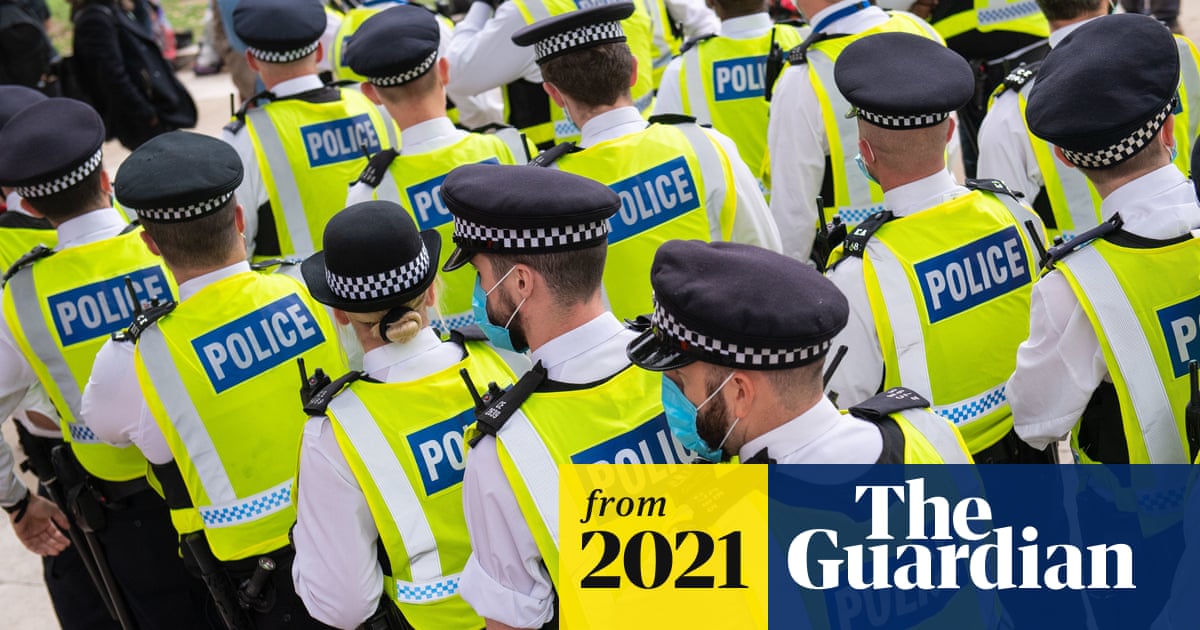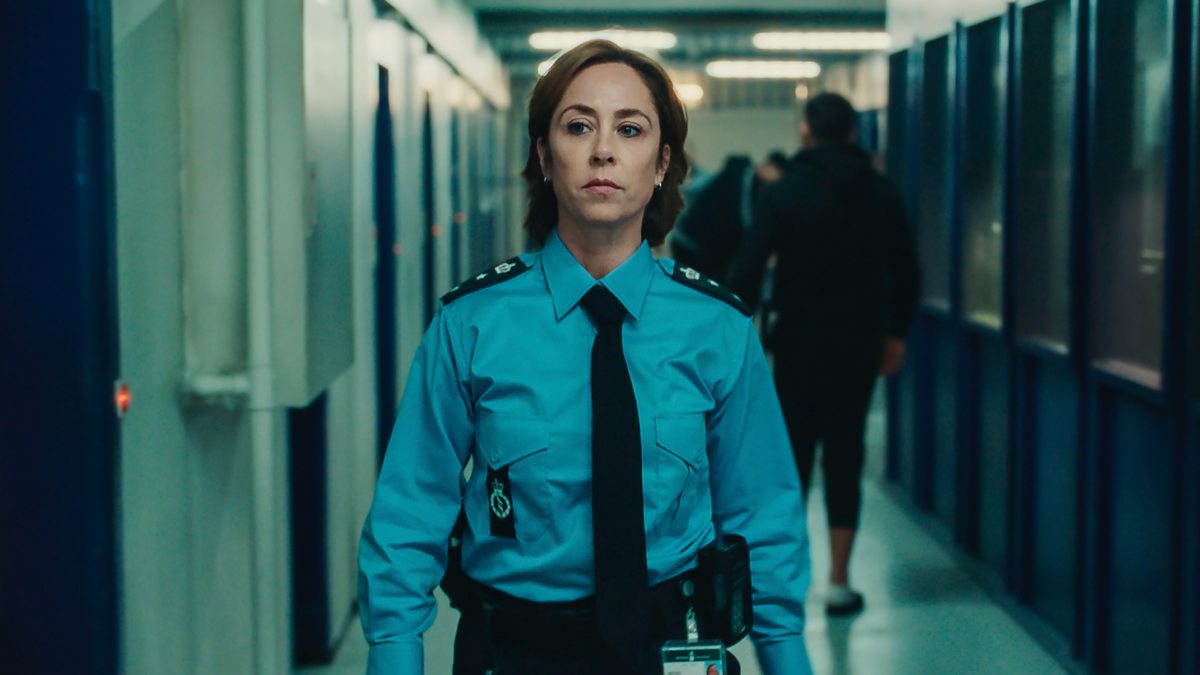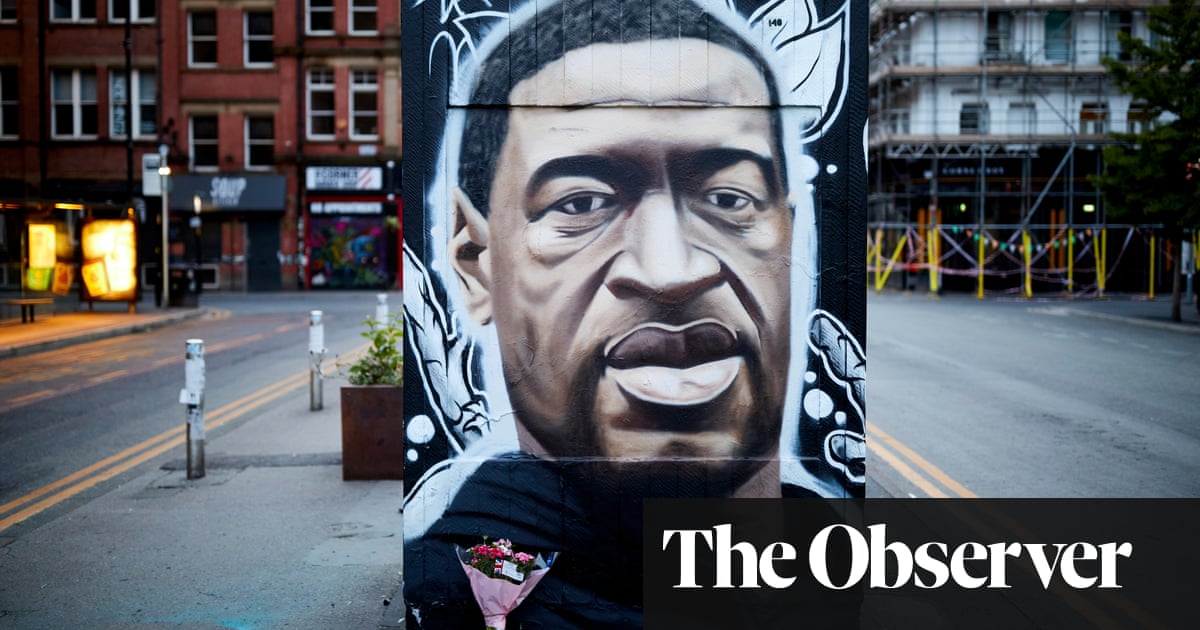Andrew C!
Been around a while....
My experience of working amongst NHS management is not as fondly remembered. But this is a police corruption and crap performance thread, so I’ll stay on topic. FWIW I had a similar reputation when dealing with misconduct matters, not that that will mean anything.





